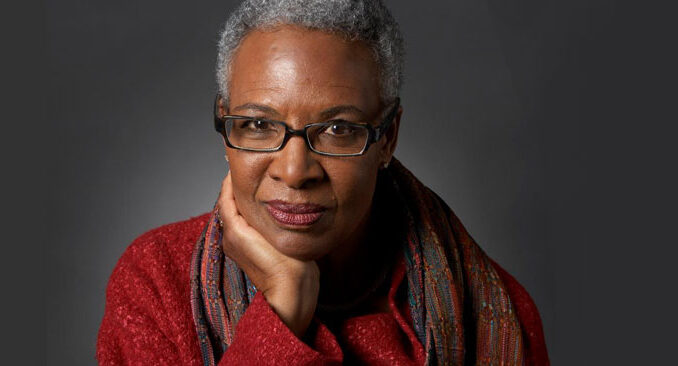
Amber Parks Data News Weekly Contributor
Women’s history often overlooks the contributions of Black women to gender equality. The National Women’s History Museum created a digital exhibit titled “Inspired by Faith” that celebrates the life of Abolitionist Sojourner Truth. The national digital exhibit was curated by Kerri Alexander, an education and public history fellow with the museum, who currently serves as an Assistant Vice President and Chief Inclusion Officer at Xavier University of Louisiana.
“Sojourner Truth was somebody who was really at the forefront of making sure that not only women’s rights were advocated for, but Black women’s rights were advocated for as well,” Alexander said. “Truth was illustrating the fact that she was limited by not only racial discrimination but also limited by sexism. And they both needed to be addressed,” Alexander said.
Alexander, whose work allows her to advocate for women’s’ rights today, said that Truth was a freed slave who, after gaining her freedom, became a women’s right activist and abolitionist. Her most notable speech: “Ain’t I a Woman,” called into question where the Black woman stood in the fight for both freedom from discrimination based on her skin color and also civil rights for her gender.
Understanding that as a Black woman, the fight to choose between gender identity or race and ethnicity always ended up with one side getting the shorter end of the stick, Alexander explained. Born during an era where Black people were enslaved, Truth wanted to shed light on both characteristics that made up her identity. No one was asking a Black male or a White woman to choose one or the other and recognizing that gave Truth fuel to fight for those rights that Black women were denied, Alexander said.
“Usually, people think of slaves as men, and they think of women as White,” said Nell Irvin Painter, a U.S. Historian, who published a biography on Truth. “Here Sojourner Truth is fighting for both of the rights for both of these groups essentially,” said Painter, whose quotes were included in the exhibit.
Truth and many other women of color opened doors for all women, especially Black women, to be able to have an equal voice and freedoms as men. With Truth’s tenacity and perseverance, she was able to educate people on the neglect of Black women in both the first waves of the Women’s Rights Movement and the Civil Rights Movement, Alexander shared.
Born Isabella Baumfree in Ulster County, New York, Truth emancipated herself in 1826 when she fled her enslavement and sought refuge with the Dutch Reformed Church. Her words at the time used the scriptures to show the immorality of slavery and to empower both women and enslaved Africans.
In Women’s History, Truth’s story has been often overlooked among abolitionists and women’s rights activists.
“I’m excited to be one of the people who is invested in discovering the missing pieces of history that has been left out of textbooks for so many decades,” Alexander said of the exhibit.
Recommended For You.



Be the first to comment